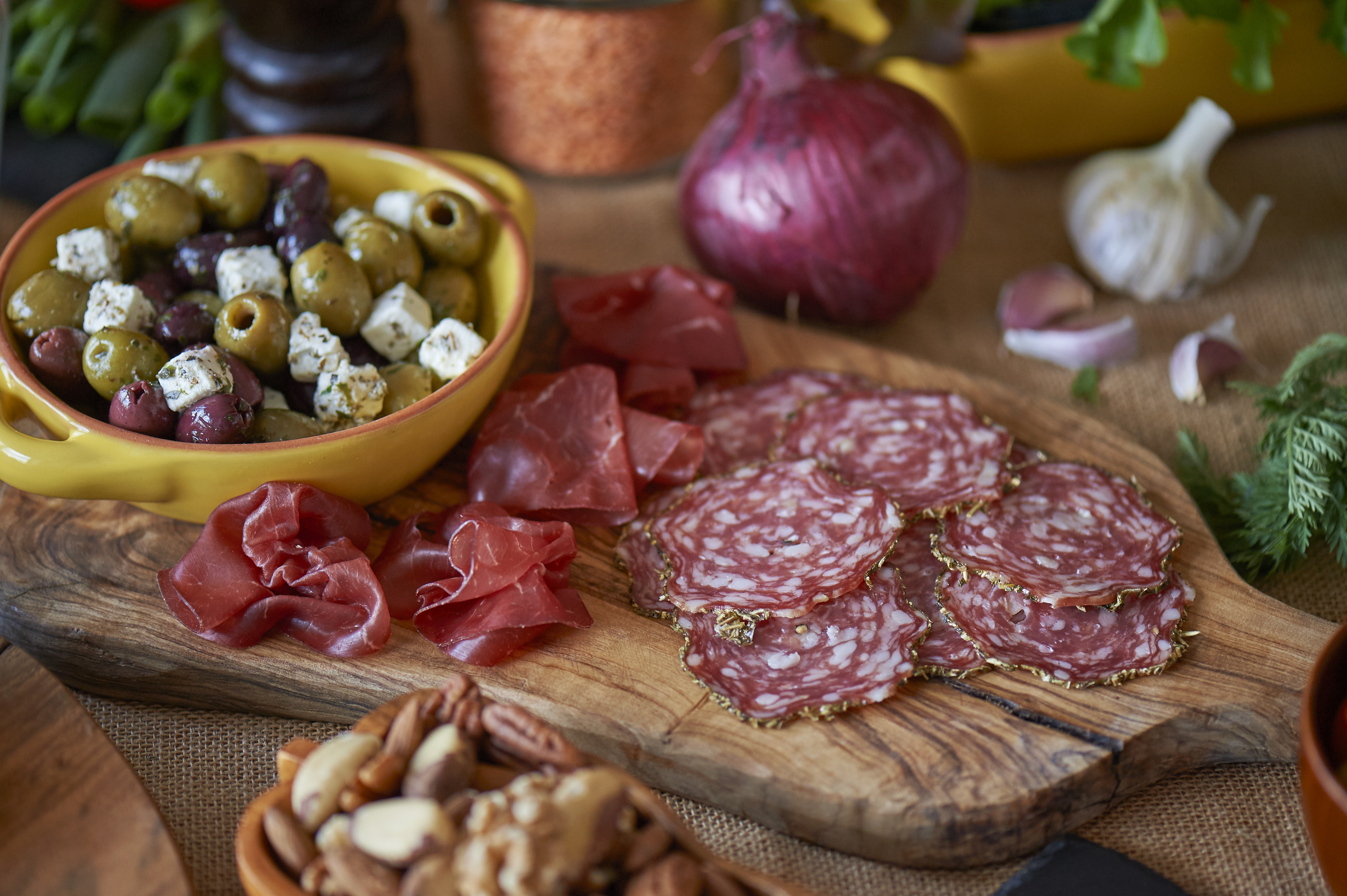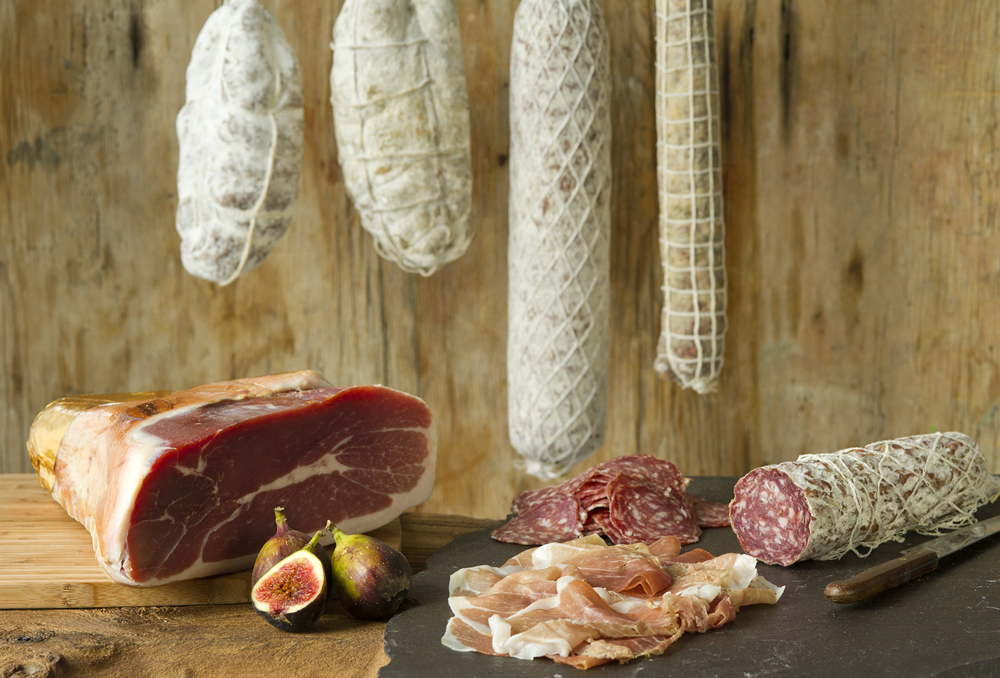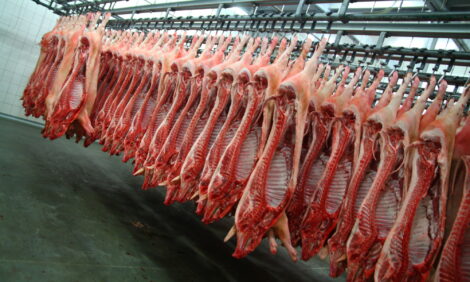



Trends in the continental meat industry
Winterbotham Darby talks conti-meat trends, food safety and consumer trust.Winterbotham Darby, a UK-based, welfare-award-winning supplier of cured, smoked and cooked pork products, was founded in 1962 and has been working within the continental meat industry for over 30 years. The company continues to supply to household supermarkets, such as Sainsbury’s, Co-op Group, Tesco and Waitrose.
In an interview with The Pig Site, technical director David Houghton and communications manager Susie White discuss how consumer demands are changing, and how transparency throughout the supply chain is improving the safety of and consumer trust in their continental meat products.
How has demand for continental meat changed over the last 10 years?
In the last 10 to 15 years, the types and range of products that UK consumers are buying has changed significantly. I [David] joined the business 20 years ago when continental meat was still quite a niche area – a few products on a deli counter. Since then the category has proliferated and it has become more mainstream and is an integral part of our diet now.
We’ve seen that continental meats have become a staple item in UK shopping baskets since Italian and German products began to emerge in stores some 50 years ago. These days, consumers are more regularly purchasing cured hams, salamis and smoked sausages, with an increasing taste for Spanish products such as chorizo and serrano ham.
Looking at the market data, it shows that the chorizo category has been in growth for the past six years, with an increase of 19.5 percent since 2011. The data also shows that 62 percent of households buy continental meats regularly – purchasing such items around 10 times per year. As a total category, continental meat is worth £340 million.
A lot of purchasing behaviour around continental meats comes down to travel, with more people coming back from Italy, Germany, France and Spain, and wanting to continue eating some of the native dishes that they tried when they were on holiday. People want to recreate those dishes at home because they’ve seen that it is easy to cook some of those things.
The way in which we consume food has changed – some people call it tapas; we call it "informal dining". Nowadays, it is less common to have a large, sit-down meal.
We believe this has links to the Mediterranean diet in general – eating in the way in which these products are consumed in their native countries.

It is not just artisanal, Mediterranean products that consumers are reaching out for; we supply a large choice of "everyday", lower-cost products which continue to be popular today. These different products do not have to be in competition with each other; they can be complementary within UK consumer diets.
How do you assure your consumers that your products are safe and of high quality?
We advocate complete transparency and traceability of the entire supply chain and implement our own welfare standards on every farm. We want to link the whole production, processing and supply chain together so we know the purpose, the health and the welfare of a pig from the moment it is born.
The Authenticate Information System has been pivotal in continuing that transparency between producer and consumer, and allows us to validate our objectives across the supply chain.
Capturing the data throughout the entire chain automatically and having trusted people within the chain to gather this data for us is key. A lot of our farms are run by vets or are frequently visited by vets so they can reliably report on the health of the herd and complete health and welfare audits.
We are also working on how we can continuously and automatically monitor environmental conditions on-farm. We are engaging with the Centre for Innovation Excellence in Livestock (CIEL) and Newcastle University to develop environmental sensors and monitors on farm.
That is the future - complementing human data collection with continuous monitoring.
It’s also important to note that the vast majority of continental meats do not undergo any thermal processing, they are aged or cured, so for us, ensuring product safety is a priority.

We want a close proximity between each step to prevent contamination – we have a policy of kill to cure in a maximum of four days. Often killed day one; the curing process begins day two, just to ensure the product is safe.
From our research we’ve seen that, if time, care and attention is taken over making the product, there is the assumption that time, care and attention is taken in the rearing of the animals.
How has concern for animal welfare influenced Winterbotham Darby’s continental meat strategy?
Animal welfare is something that is a key strategic pillar within Winterbotham Darby and has been for the last 20 years. It’s a long-term strategy so we’ve stuck to our views even when the markets have changed. Our campaign journey started when we launched an Italian product into Waitrose in 2002.
One of the challenges we faced at the start, especially within southern Europe, is that there are no standards of animal welfare. There’s EU legislation but there’s no regional or national standard in the south.
In 2002, we wrote our own tailored standard for continental pig production, loosely based on Red Tractor, and that standard has evolved over the years. Compared to UK pig production, this is very different due to climate and breed. For example, in Italy, a pig bred for Parma ham needs to be at least 165kg (live weight at slaughter) at nine months of age.
We’ve also pioneered a method of ensuring short transport distances and traceability by building our European supply chains from scratch - like a private block-chain. This allows us to monitor and enforce our welfare standards across every facility in the supply chain and provide consumers with the audit data collected at each of these facilities.
We call it the ring-fence - we build farms around central points of slaughter facilities and manufacturers ensuring that the time between leaving the farm, to slaughter, then to curing and aging is minimised. We now have a number of these ring-fence structures, with over 500 farmers, in Italy, Spain, France, Germany and Holland.
All farms are independently audited against Winterbotham Darby standards and are accessible to all online.
This is assurance to consumers that the company is founded on animal welfare, and as consumers appear to associate quality with high welfare, they have confidence in the quality of the products.
Recently, we’ve been investing more research in animal welfare challenges and we’ve achieved significant progress in finding solutions - whether that be environment, routine mutilations (teeth and tail), free-farrowing or enrichment.
In the last five years especially, there has been more engagement in our welfare activities and we’ve worked closely with Compassion in World Farming (CIWF).
In 2016, our Fumagalli farms in Italy were our first to win a Good Pig Award from CIWF and the following year, another Italian farm, Madeo, and our Marcos farm, in Spain, both were awarded Good Pig Awards. We aim to get them [Good Pig Awards] in Spain and northern Europe across the category.
We’ve seen this looked upon favourably by a number of clients, and we’ve seen recently, with pig farm exposés, that the debate over animal welfare, on pig farms in particular, is a topic high up in people’s minds.
More people are consciously choosing to eat less meat because of a lack of trust in the welfare and quality of meat. If good standards are adopted on farm and are visible to the consumer, this removes the conflict in their mind about whether the meat is OK to eat.
Exposés are never black and white but they’re an opportunity to motivate change. These are the consequences we face by not being transparent and not confronting our responsibility for animal welfare. We have to gain consumer trust in the product.
It is also the responsibility of supermarkets that they carefully choose suppliers and educate their buyers on welfare. We’ve been working on how supermarkets can better educate consumers on the products they are buying.
We are also involved with a major project CIWF are running, on labelling legislation - looking to change labelling to include method of manufacture and other indicators of welfare that people will easily recognise.
Consumers have a role to play as well – buying choices have consequences. Everyone has a role to play when it comes to welfare.
As reported by Emily Houghton
For more information about Winterbotham Darby, click here










